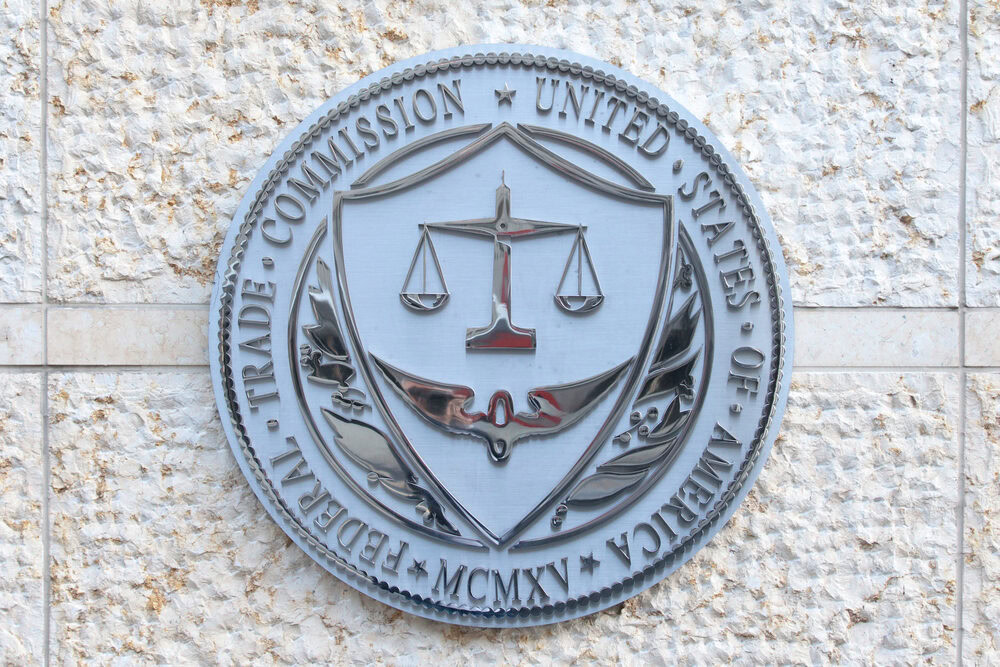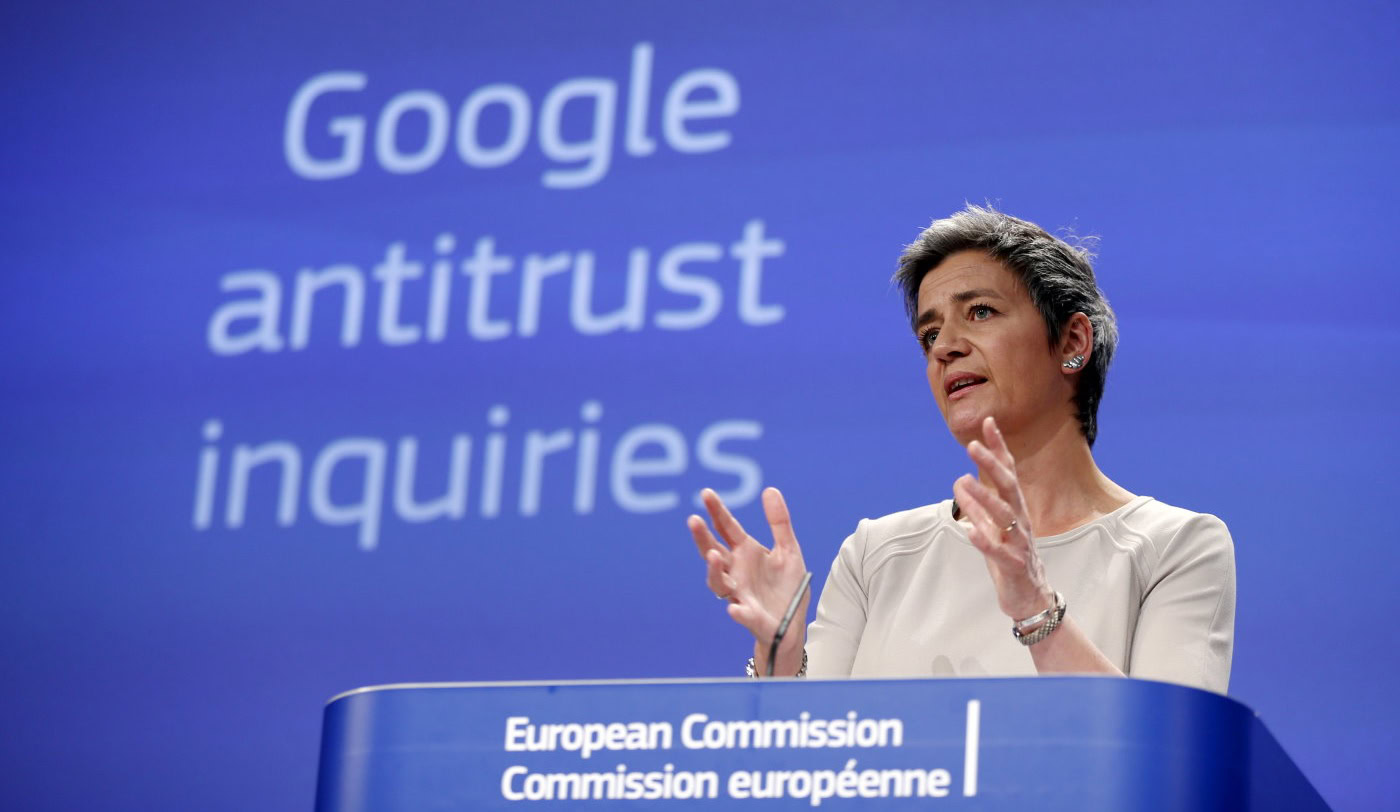Affiliate links on Android Authority may earn us a commission. Learn more.
European Commission targets Google over further antitrust complaints

These allegations are tumbling out of a previous antitrust investigation that kicked off in April of this year. Regulators were concerned that, by bundling their apps with the Android operating system, the company is behaving in an anti-competitive way. Since Android is the most widely used operating system in the world, the argument is that packaging their software with it essentially gives them a de facto monopoly for those services.

That investigation is still underway, but as regulators intensified their microscopes on the search giant, they began to develop a list of objections mostly separate from the Android operating system. In essence, the European Commission believes that Google Search, the window through which most people engage the internet and by extension the world, unfairly favors other Google services, preventing effective competition.
Their first complaint has to do with Google Comparison Shopping, which is currently integrated seamlessly near the top of Google Search results. The Commission argues that this prevents other comparison shopping services from having a fair shot. “Google has come up with many innovative products that have made a difference to our lives. But that doesn’t give Google the right to deny other companies the chance to compete and innovate,” said Competition Commissioner Margrethe Vestager. “Today, we have further strengthened our case that Google has unduly favoured its own comparison shopping service in its general search result pages. It means consumers may not see the most relevant results to their search queries. We have also raised concerns that Google has hindered competition by limiting the ability of its competitors to place search adverts on third party websites, which stifles consumer choice and innovation.”

Google will have two months to respond to these complaints in a substantive way and present any arguments that can be made in their defense. Vestager notes that the company’s defenses and ongoing strategies will be taken into consideration during the investigation, but if Google is found to be breaking EU antitrust rules, the Commission “has a duty to protect European consumers and fair competition on European markets.”
Also under fire is Google’s AdSense service regarding its integration with Search. The Commission believes that AdSense for Search has “enabled Google to protect its dominant position in online search advertising.” The concern is that potential AdSense competitors aren’t being given the chance to compete in this area. The specific capability in question here regards Google’s ability to provide target ads on websites that use Google-powered searches to provide relevant AdSense ads. For example, you might search for “Nike shoes” on a retail website, and in addition to displaying the site’s available Nike products, Google will also generate AdSense ads displaying Nike shoes from other retailers. If users take advantage of these ads, then Google and the retailer get a cut of the commission.
Google has hindered competition by limiting the ability of its competitors.
Since no other ad provider has anywhere near the search clout to pull off ad generation anywhere near this sophisticated, the Commission believes that Google has effectively used its products in tandem to create an effective monopoly. This monopoly is maintained primarily because Google requires exclusivity in these kinds of arrangements, meaning the retailer cannot use any competitor search ads simultaneously. Google will have 10 weeks to respond to these allegations.
Google’s preliminary response is as follows:
We believe that our innovations and product improvements have increased choice for European consumers and promote competition. We’ll examine the Commission’s renewed cases and provide a detailed response in the coming weeks.
What are your thoughts regarding the increasingly hot water in which Google is finding itself regarding antitrust violations and anti-competitive behavior? Sound off in the comments below!
